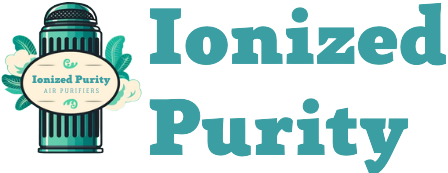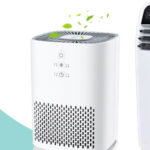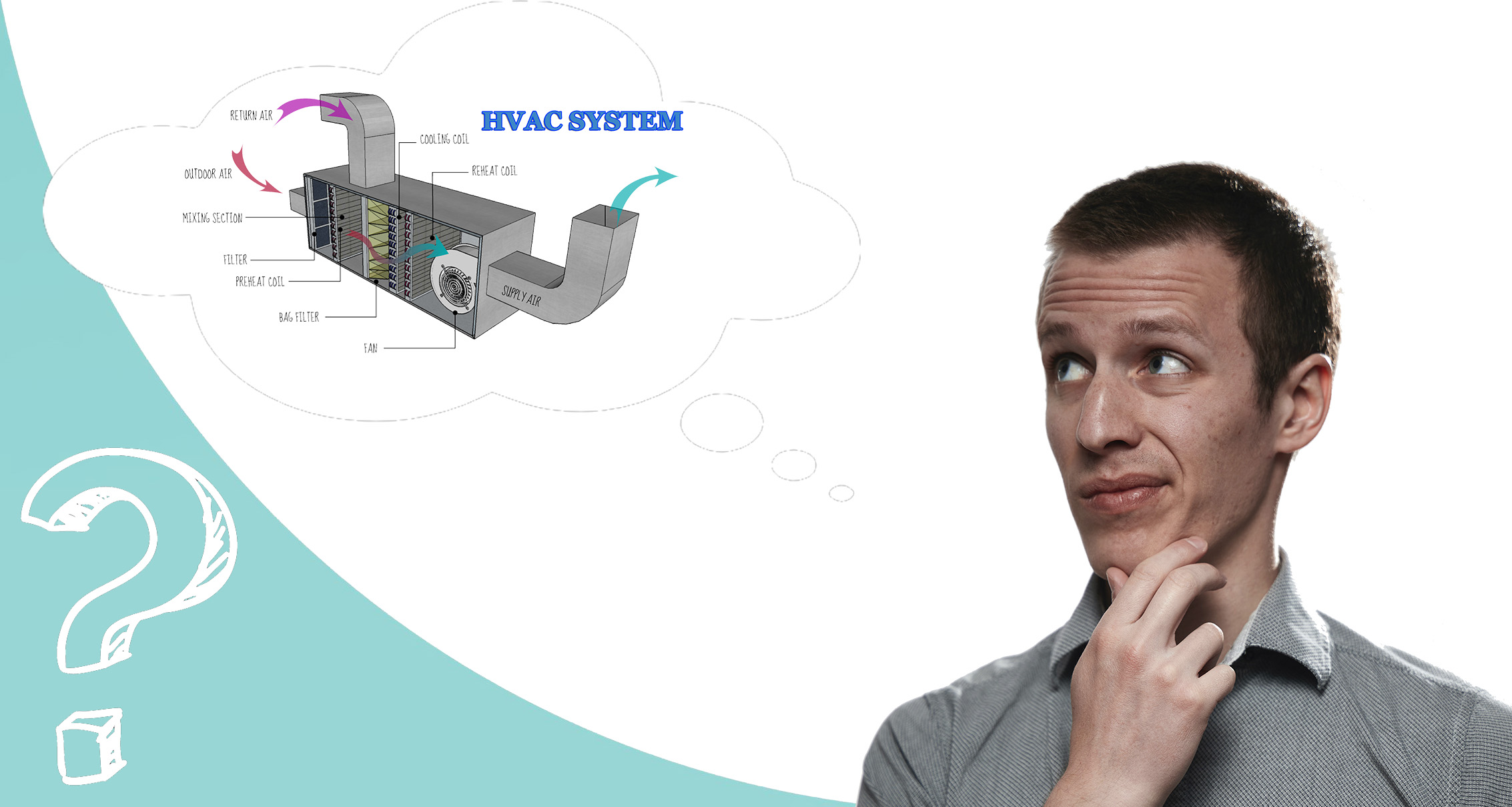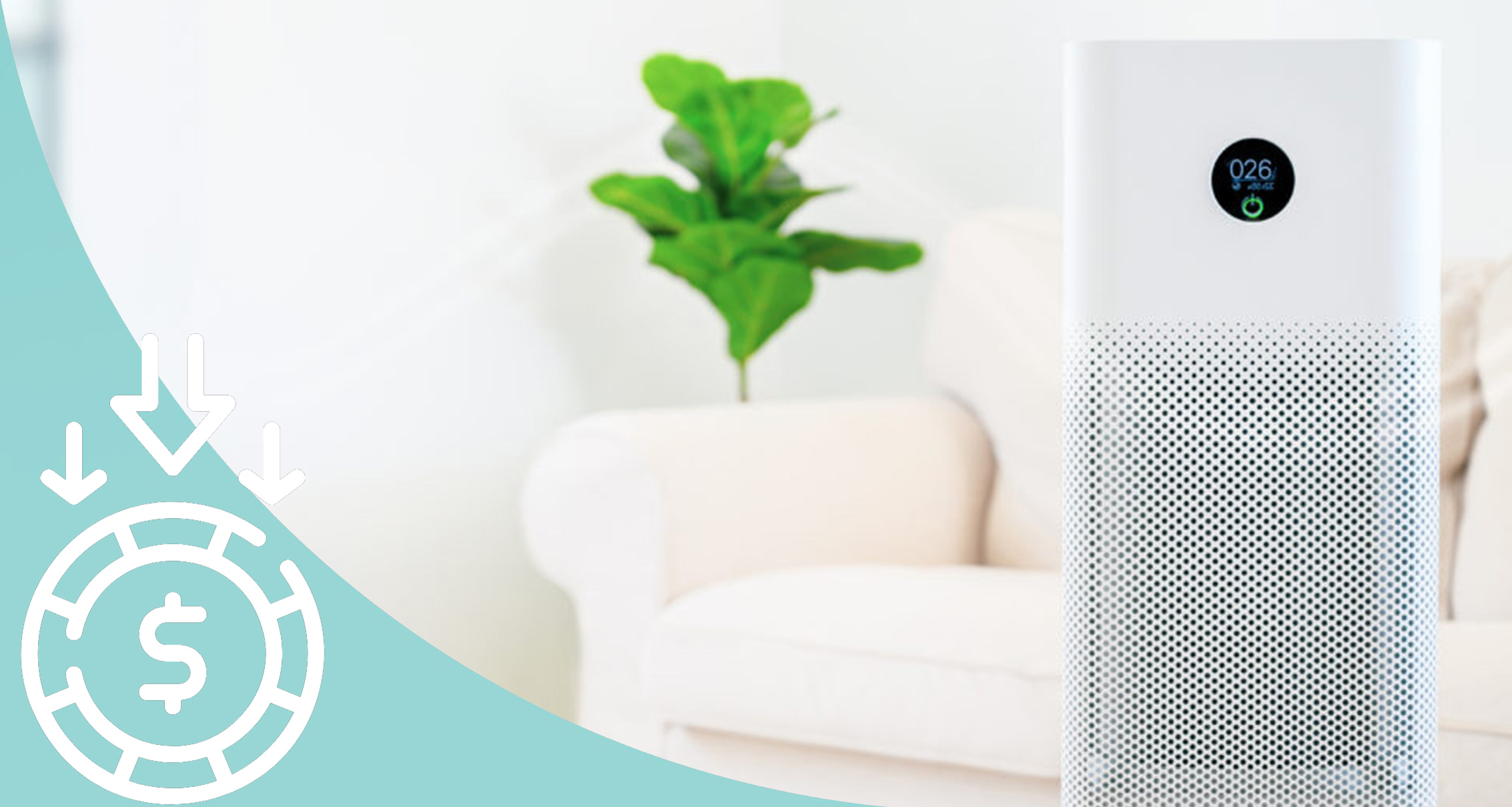
Table of Contents
If you’ve recently bought an air purifier, and you’re experiencing health issues such as a headache, coughing, or a sore throat, you might be wondering, “can air purifier make you sick?” While air purifiers are generally safe and beneficial for indoor air quality, some models and misuse of these devices may indeed lead to certain symptoms. Let’s explore further how an air purifier could be causing your discomfort.
Why do Air Purifiers Cause Headaches and Coughing?
Air purifiers can cause headaches and coughing due to a variety of factors.
Excessive Ozone Leads to Headache and Cough

Some air purifiers work by producing ozone, a molecule that reacts and neutralizes certain air pollutants. However, in high concentrations, ozone can cause numerous health issues, including headaches and coughing. You may think, “my air purifier makes me dizzy,” and this could be the result of excessive ozone exposure.
Excessive Indoor CO2 Concentration Causes Headaches

Air purifiers, particularly in poorly ventilated rooms, can lead to increased CO2 concentration, causing headaches. So, if you’re wondering, “can air purifiers cause headaches?” this might be one of the reasons.
Indoor Formaldehyde Causes Headache and Cough
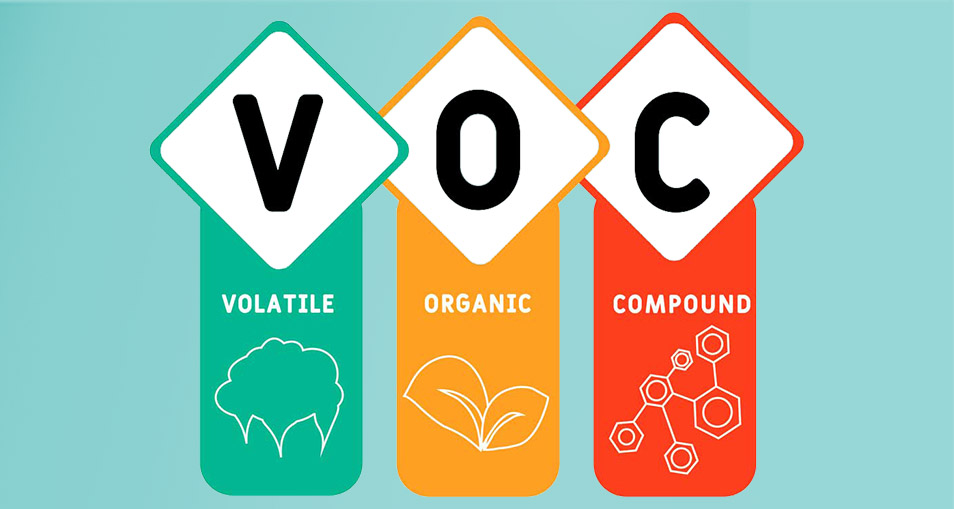
Some air purifiers are not capable of filtering volatile organic compounds (VOCs), like formaldehyde, which are known to cause headaches, dizziness, and coughing. In fact, formaldehyde exposure might be the answer to your question, “why is my air purifier making me sick?”
Secondary Pollution of Air Purifiers
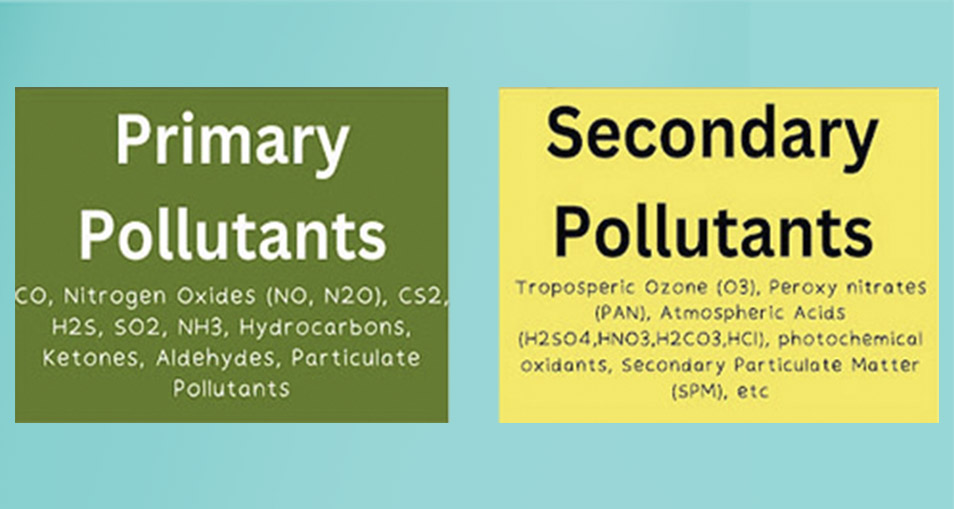
If not maintained properly, air purifiers can become a source of secondary pollution, where trapped pollutants on the filter get released back into the air. If this is the case, you might find yourself saying, “my air purifier gives me a headache,” or even worse, “my air purifier is making me cough.”
How to Use Air Purifiers to Prevent Health Issues?
The key to reaping the benefits of an air purifier without suffering any side effects lies in its proper usage and maintenance.
Select the Right Air Purifier
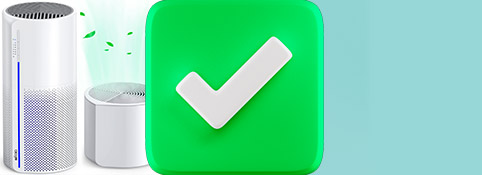
Not all air purifiers are created equal. Some may produce harmful ozone, while others might be inefficient in removing VOCs. Make sure you choose a model that suits your needs and doesn’t contribute to health issues.
Avoid Using Ozone Generators

An air purifier that generates ozone might make you feel dizzy or cause a sore throat. Opt for devices that use High-Efficiency Particulate Air (HEPA) filters, which are effective and safe for most individuals.
Cleaning Filter Regularly
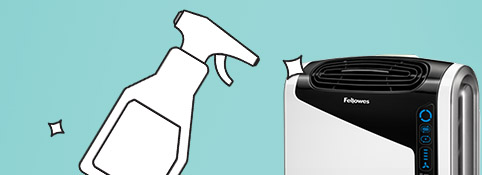
An unclean filter can become a source of secondary pollution, possibly causing headaches and coughing. Hence, regularly cleaning the filter of your air purifier is crucial.
Replacing Filter Regularly

Similar to cleaning, regular replacement of your air purifier filter ensures that it functions effectively, preventing the device from causing any discomfort or illness.Through the above article, we can recommend you the latest dresses.Shop dress in a variety of lengths, colors and styles for every occasion from your favorite brands.
Keep Your Room Clean

Even the best air purifier cannot compensate for an unclean environment. Regular dusting and cleaning of your room is essential to maintain the quality of indoor air, helping to prevent any “air purifier causing coughing” or “air purifier causes sore throat” scenarios.
Story from Our Reader: an Unexpected Lesson
I’m Lily, a health-conscious city dweller who decided to get an air purifier to combat city pollution. Initially, it worked wonderfully, and my usual morning sniffles vanished. But a few months in, I started waking up with headaches, a scratchy throat, and a constant cough. I found myself wondering, “Is my air purifier making me sick?”
My friend Amanda came to visit one afternoon and asked about my filter maintenance routine. I sheepishly admitted I hadn’t even realized the air purifier needed regular cleaning. The filter was clogged with pollutants, a sight that made me realize the source of my discomfort.
Taking Amanda’s advice, I began cleaning and replacing the filter regularly. Slowly but surely, my headaches and cough disappeared. My air purifier was no longer making me sick, but protecting me from city pollution as intended.
Remember, regular maintenance is key to ensuring your air purifier’s effectiveness and preventing it from causing health issues.
In conclusion, while air purifiers have been associated with certain health complaints, proper selection, usage, and maintenance of these devices can minimize risks and enhance their benefits. It’s essential to stay informed and take steps to ensure your air purifier is helping, not hurting, your health.
